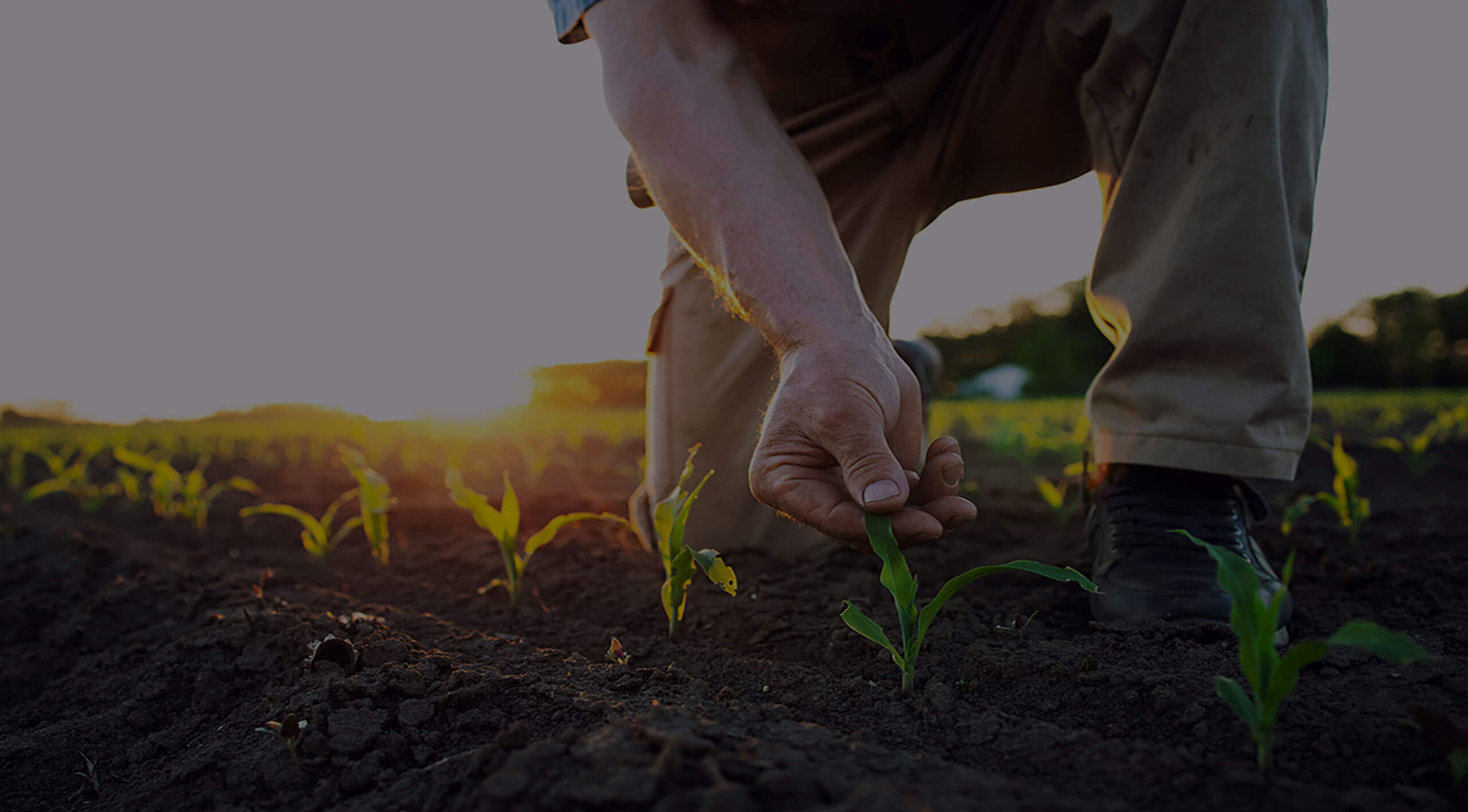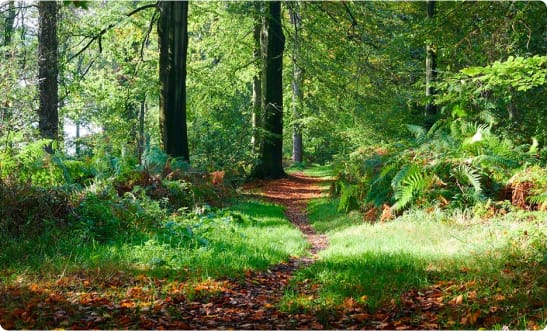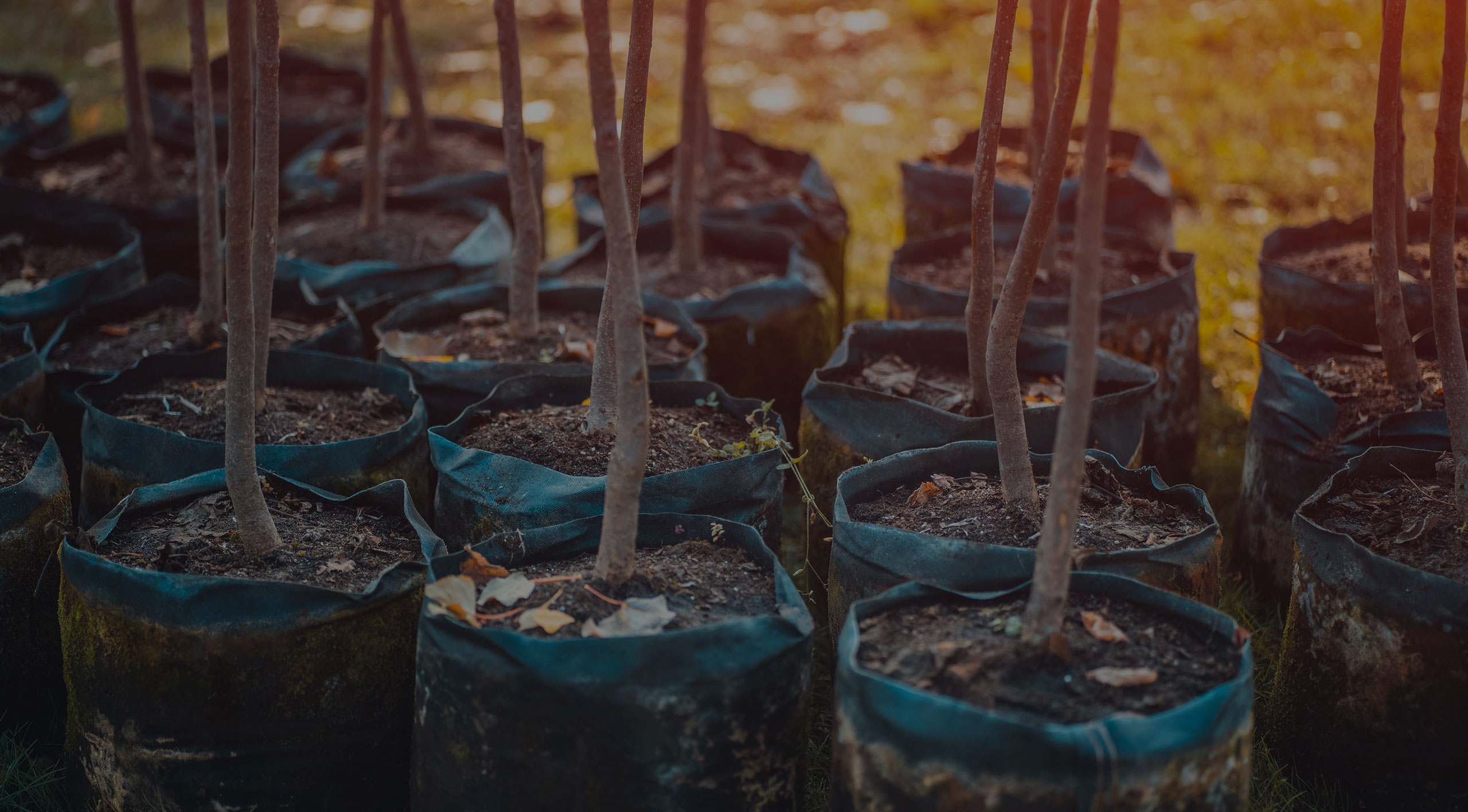
Co-Benefits
The Balance Methodology generates a wide range of co-benefits that extend beyond environmental impacts, designed to create alternative income streams to monoculture crop plantations. These include:
- Permaculture: A design philosophy inspired by natural ecosystems, permaculture creates self-sufficient and sustainable landscapes, minimizing waste, optimizing resource use, and contributing to the local market with marketable products.
- Apiary: Cultivates bee colonies for pollination and products like honey and beeswax, sustaining local economies, enhancing food production, and generating additional community income.
- Water Catchment Enhancement: Improves water quality and availability by reforesting, conserving soil and implementing efficient land management, which boosts water storage, reduces flooding risks, and promotes river flow, also potentially increasing sustainable income from fisheries.
- Forest Products: Encompass a wide array of goods from forests, including timber and non-timber products such as furniture, fruits, nuts, and medicinal plants.
- Sustainable Firewood Management: Ensures the responsible use of forest resources for energy, preventing deforestation, minimizing environmental impacts, and removing combustible materials to mitigate fire risks.
- Eco-tourism: Unlike monoculture-planted sites, dense and biodiverse forest environments are valuable and worth visiting. Eco-tourism markets can generate significant income for local people while increasing the incentive for others to invest in forests, too.
- Agroforestry: Integrates trees, crops, and livestock to enhance ecosystem resilience, augment biodiversity, improve soil fertility, and establish sustainable livelihoods.
- Biochar Production: Converts organic biomass into charcoal through controlled pyrolysis, enhancing soil fertility, retaining nutrients, and sequestering carbon. This is effective Carbon Capture and Storage, involving and benefitting indigenous communities with long-term environmental benefit. Biochar credits can then be converted to Balance Units and sold, generating a long-term and sustainable income source for our project developers.
Biochar credits can then be converted to Balance Units and sold, generating a long-term and sustainable income source for our project developers.






